The unacknowledged contributions of enslaved Black people are everywhere on Davidson’s campus. A special committee tasked with creating a public commemoration to those whose labor was stolen will help to fulfill the promises the college has made to itself and to the world.
In the fall of 2021, Davidson College released a Call For Qualifications for the creation of a commemorative work of art to honor the contributions of enslaved people and others whose labor was exploited. The call was open to professional artists, architects, landscape architects, and design teams with experience managing, designing, and completing public art commissions.
The jury identified the most highly qualified artist(s)/architects/teams for this opportunity, and selected five finalists.
YOUR VOICE IS NEEDED IN THE NEXT STEPS OF THE PROCESS.
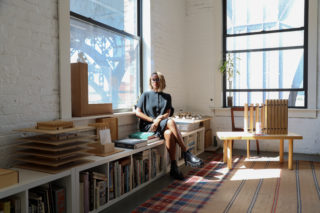
Join the conversation with Studio Zewde during their Zoom Community Engagement session on September 6 from 7-8:30 p.m. RSVP here.
Studio Zewde invites residents and members of the local Davidson community, along with the students, faculty, and staff of Davidson College to join us for a collective discussion on the embedded and not so embedded associations of some of the most iconic elements of Davidson College’s campus. In view of the initiative to commemorate enslaved and exploited laborers on campus, the event will engage in a dialogue regarding the legacy, history, associations of key visual elements of the campus.
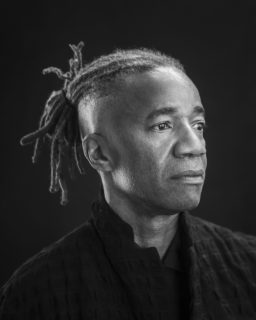
Join the conversation with Hood Design during their Zoom Community Engagement session on September 8 from 7-8:30 p.m. RSVP here.
We’ve reached a pivotal moment in our nation and witnessed a resurgence of explicit racism that pulls America’s Antebellum history to the fore. Similar to many other institutions, Davidson College’s founding is deeply enmeshed in the labor and commerce of American Slavery. Through the creation of this commemorative site, we strive to acknowledge the institution’s past, while paving a way for conversation and action toward a more diverse and equitable future.
Please join us for a collaborative session where we ask:
How can we excavate and make visible Davidson College’s participation in the institution of American slavery?
How do we honor the formerly enslaved and servants who physically built and maintained the college?
What should this commemorative site look like? Feel like?
What experiences would you like to have in the commemorative site?
How can we create a space that makes us want to live together?
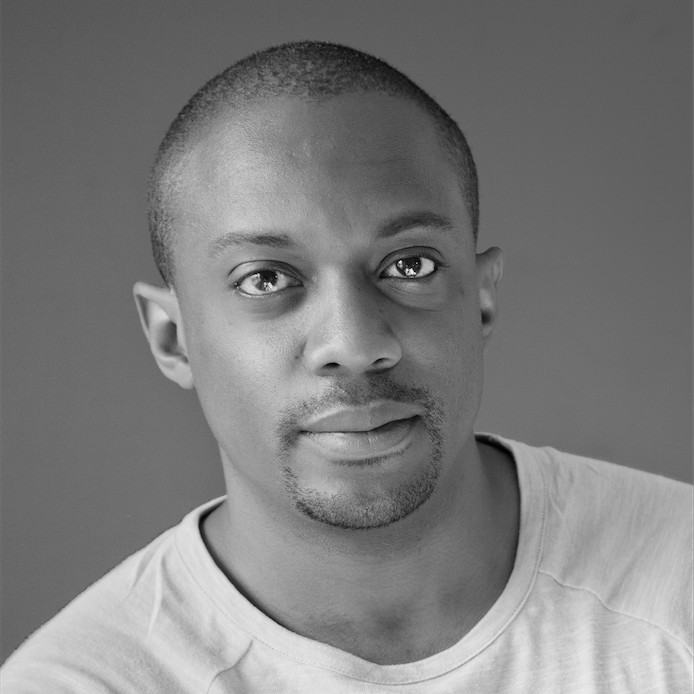
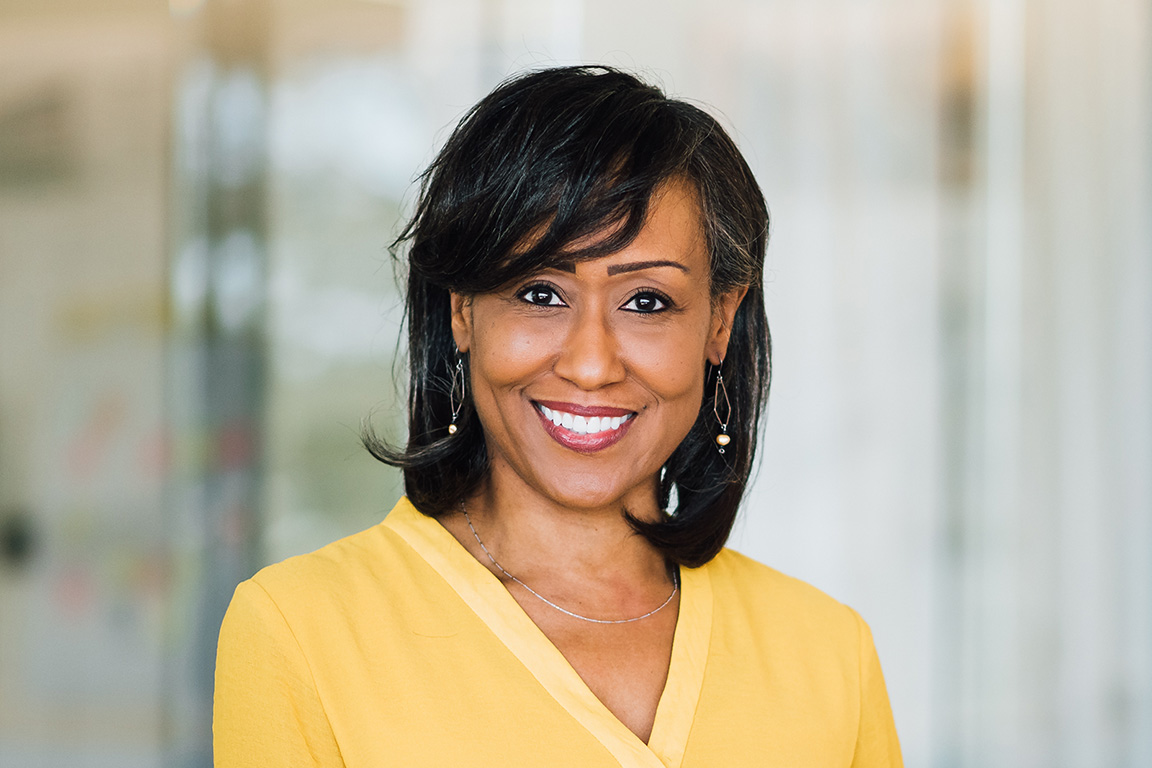
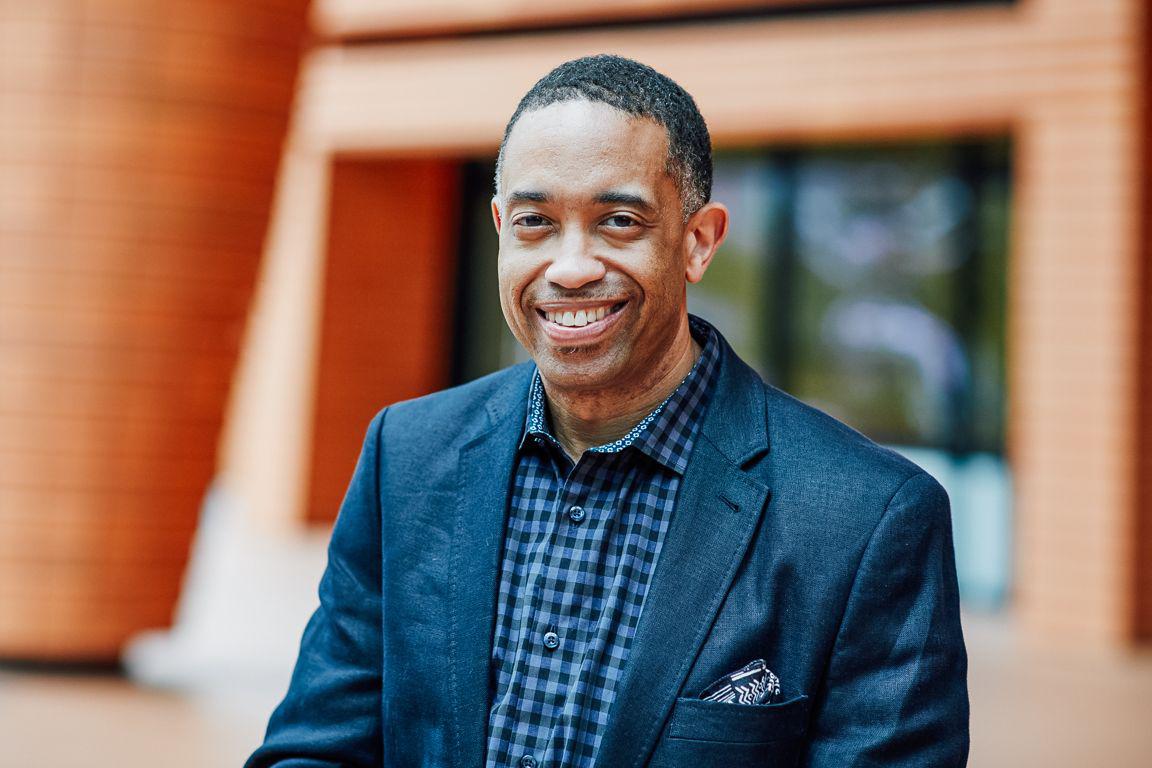
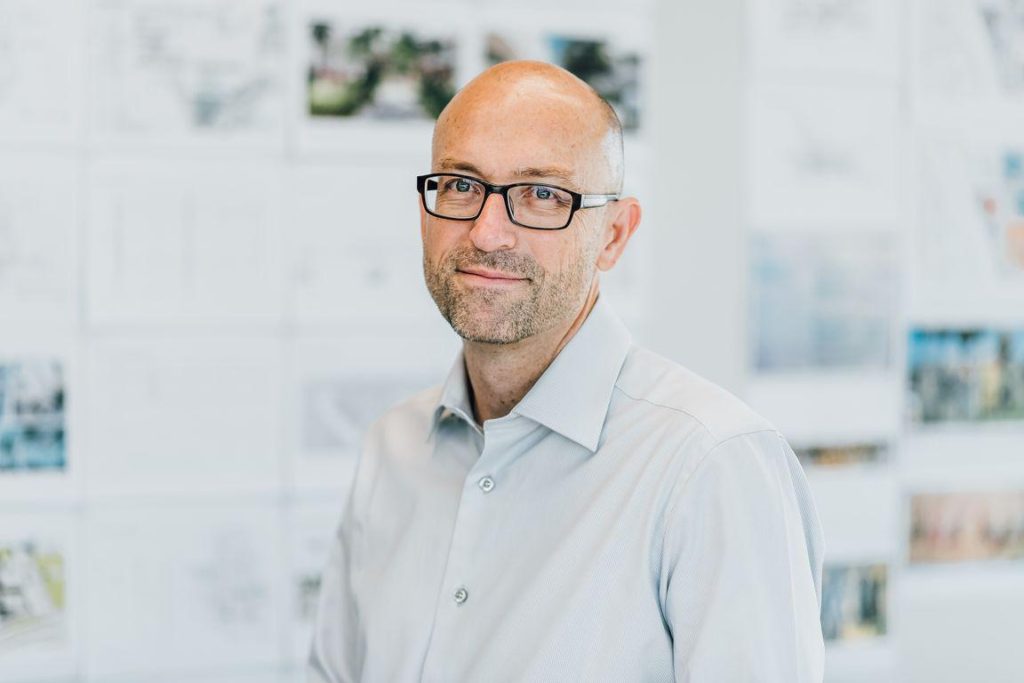
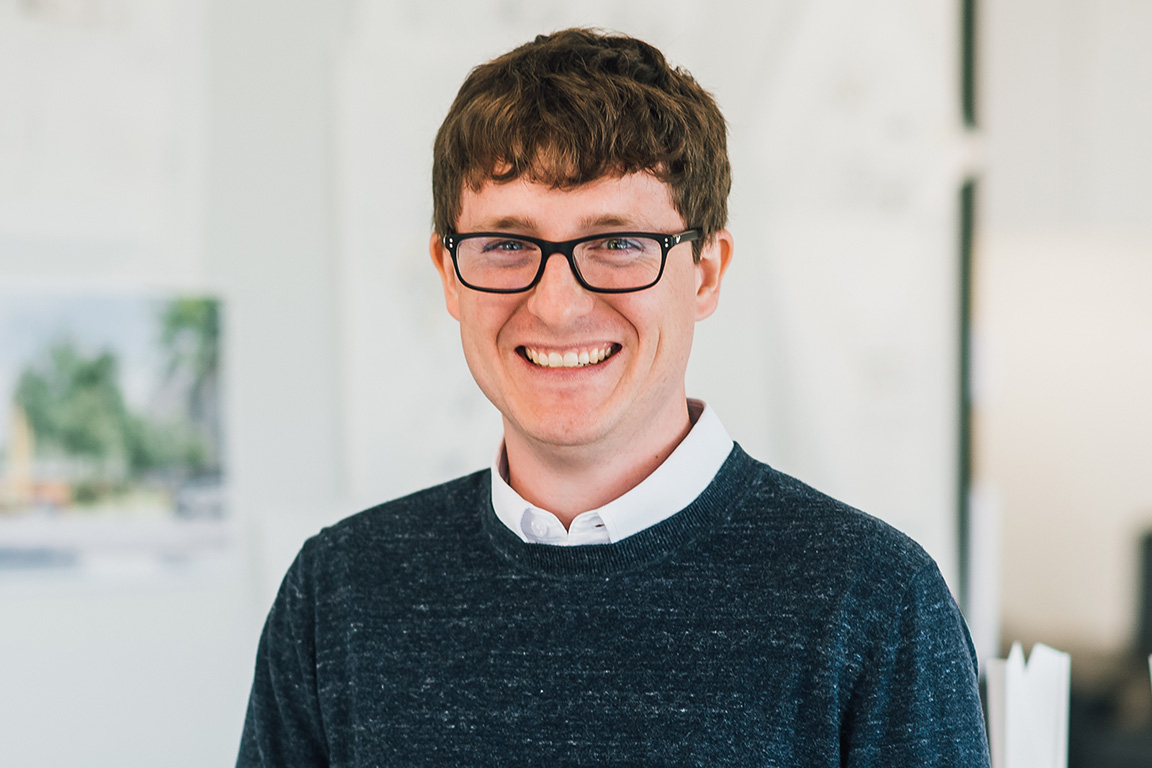
Join the conversation with Hank Willis Thomas and Perkins&Will during their Zoom Community Engagement session on September 13 from 6:30-8:30 p.m. RSVP here.
“Public space belongs to the public and they should have a say in what kinds of images and objects represent the society…It’s also important that things get reconsidered from time to time.”
– Hank Willis Thomas
Perkins&Will’s community and stakeholder engagement includes Remembrance Design™, an urban and architectural design process that engages historically disenfranchised and negatively impacted communities, in recognition of their history, for use as a design framework intent on an inclusive and culturally sustainable future. The first work of Remembrance Design is recovering what needs to be remembered.
As an integrated team we will draw on the words and stories that emerge from collective engagement with shared history and experiences—both what is painful to remember and what brings joy—to find the artistic expression and built forms that restore and give expression to the connections that make one place unlike any other. The importance of these community interactions cannot be overstated. This aspect of our expertise results in the over-arching narrative. By beginning our approach by thinking broadly, we find an inspired purpose that first attracts and then deeply resonates with a wide audience. This allows multiple entry points for people to access and engage with the story. The process challenges us every time to loosen our grip on what we think we know—in other words, check the authority that comes with education and professional training—so we can grasp a truth that has not yet been daylighted and dignified.
Methods May Include:
“Visual listening” workshops that use images of spaces, the arts, history, and other relevant visuals, to invoke individual and shared responses — revealing the essential characteristics of a place, isolating key points of common significance, and defining a shared vision
History and Story Sharing
‘What if’ Scenarios
Online Surveys
Focus Group Sessions
We request participants bring objects, photographs, poetry, drawing, or other materials that resonant to the site, history, or the story.
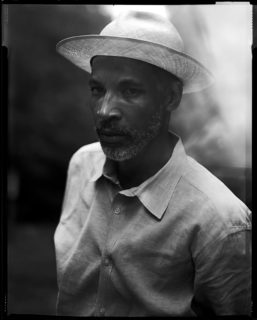
Join the conversation with Radcliffe Bailey during their Zoom Community Engagement session on September 28 from 7-8:30 p.m. RSVP here.
Bailey seeks input from the Davidson community regarding their perspectives on an upcoming proposal that will reflect the contributions of African Americans to the University. A diversity of views (inclusive of those who may relate to the African American story) is sought as research begins for this project.
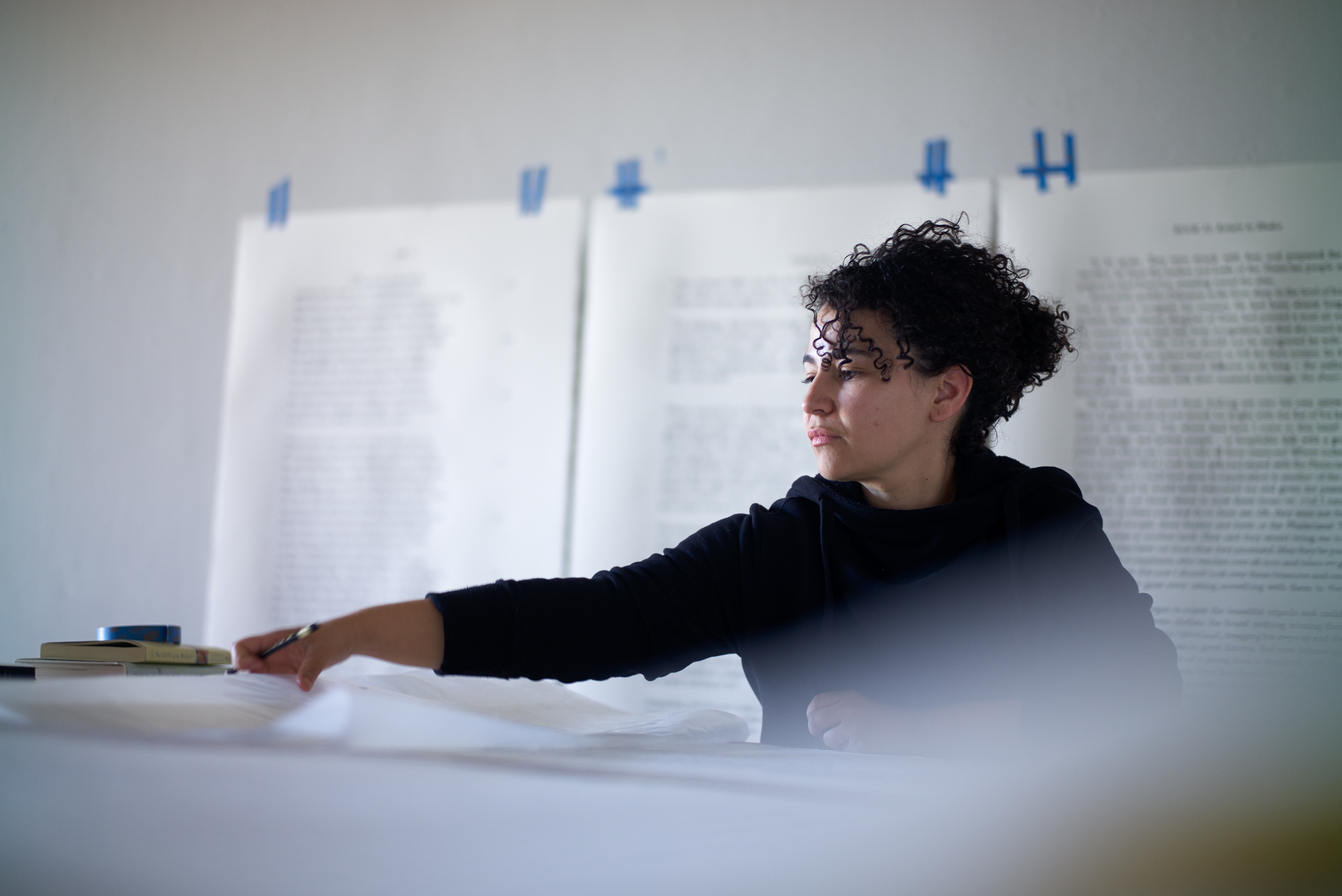
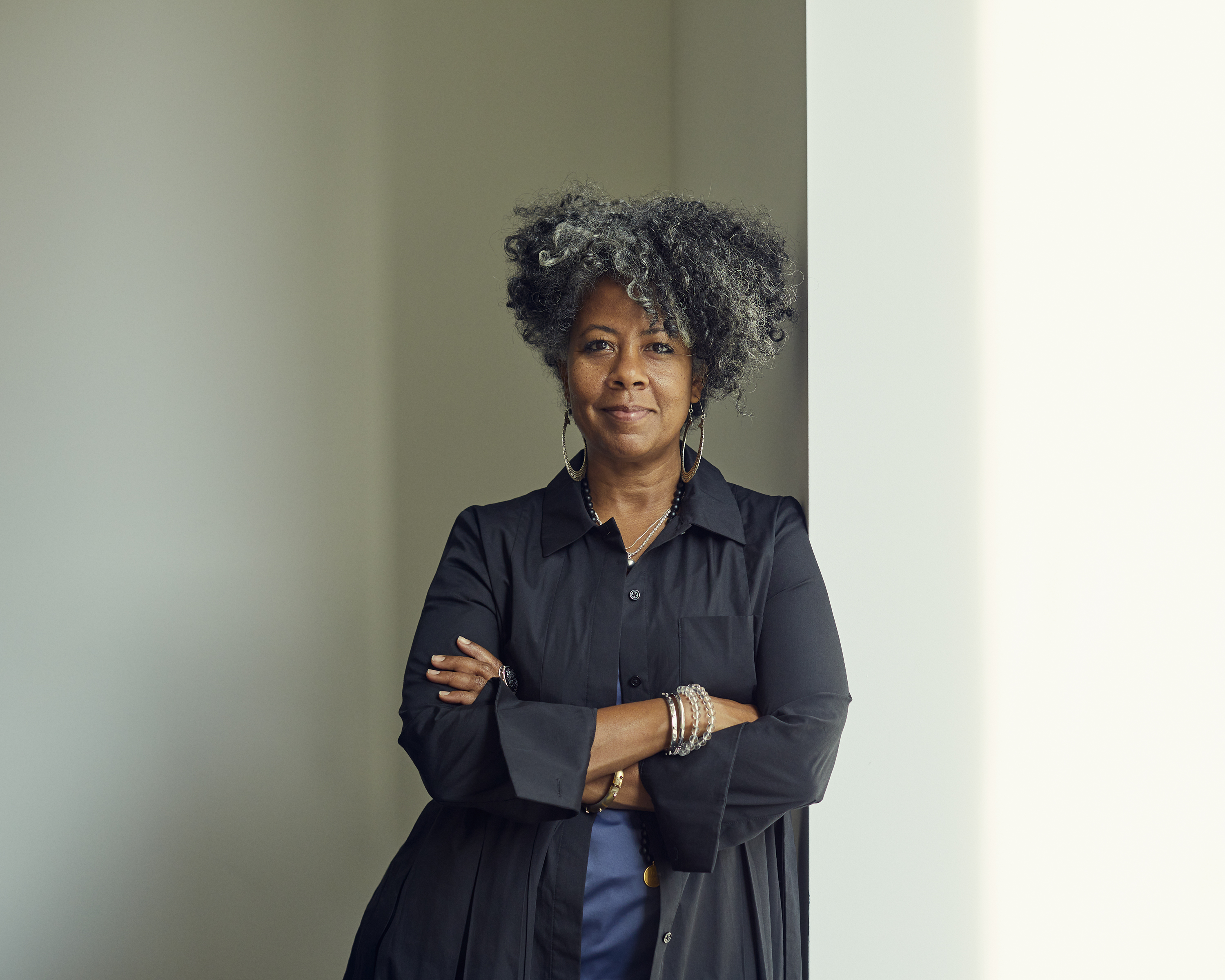
Join the conversation with Collins & Dyson during their Zoom Community Engagement session on October 25 from 7-8:00 p.m. RSVP here.
Dyson and Collins will share their approach to black geography, art production and place as social infrastructure. We would like to invite community constituents to share their past/current use of campus spaces, as well as their desired outcome for the public art in the service of memory and reconciliation.
